Information and democracy
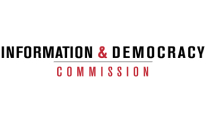
The International Initiative on Information & Democracy powered by Reporters Without Borders (RSF) aims at bringing guarantees for the freedom of opinion and expression in the global space of information and communication. This project is set to implement Article 19 of the Universal Declaration on Human Rights in the digital era.
One year of international mobilizationMore details
Three historical steps have already been achieved:
Creation of the Commission on Information & Democracy
The commitment from Heads of States and Governments
Towards the creation of a new entity to implement these principles:
The International Forum on Information & Democracy
This Forum is:
- Created and governed by civil society to ensure total independence towards governments and private companies. ;
- Tasked with a clear mandate based on the International Declaration on Information & Democracy. ;
- Endowed with necessary means to evaluate the norms and architectures of the information and communication space, formulate recommendations to all the stakeholders, facilitate the implementation of concrete solutions and sustain the independence, pluralism and reliability of information.
With the support from Antonio Guterres, UN secretary-general:
“I commend your initiative to establish a Commission on Information and Democracy. It comes at a crucial time when new means of communicating and disseminating information are transforming our world. Access to relevant and reliable information is therefore even more fundamental than ever. Yet, more and more, it is under threat (...) Now more than ever, we must reaffirm the importance of rigorous public debate that is informed, pluralistic and respectful. I thank you for helping to lead the way.”
The commission
The International Commission on Information & Democracy
Seventy years after the UN General Assembly adopted the Universal Declaration of Human Rights in Paris, the action of the International Commission on Information & Democracy gathered by RSF acts in a context where “the crisis of trust in democracies and the growing influence of despotic regimes pose a major threat to freedoms, civil harmony and peace.”
Political control of information in a globalized public space, the influence of private interests, the growing power of corporate actors who escape democratic control and the undermining of quality journalism are the leading causes.
The Commission on information & democracy, co-chaired by Christophe Deloire, Secretary General of Reporters Without Borders (RSF) and Shirin Ebadi, Nobel Peace Prize Laureate, met for the first time on September 11th, 2018.
According to the mission statement, “The Declaration’s function will be to state principles, define objectives for decision-makers and propose forms of governance”. It “must set out human rights, especially those relating to freedom of expression, the principles of journalistic ethics, and an ethical code for the development and use of technologies and provide guidelines for both public and private-sector decision-makers”.
The International Commission on Information & Democracy is composed of the following members:
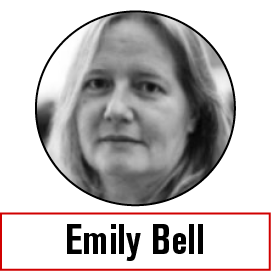 |
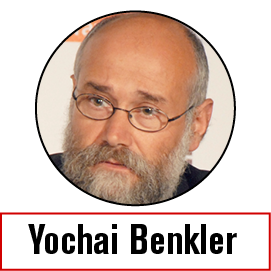 |
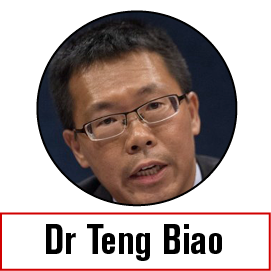 |
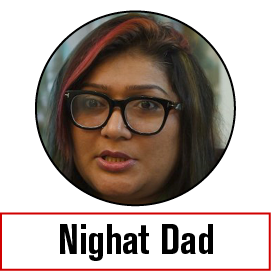 |
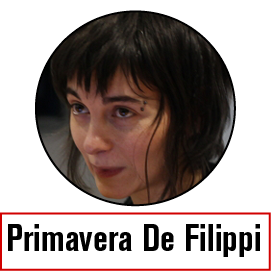 |
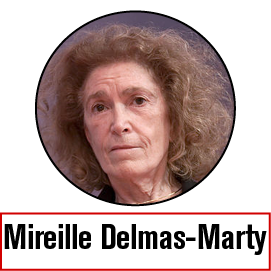 |
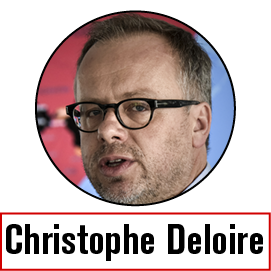 |
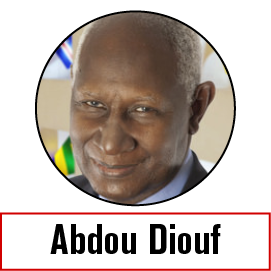 |
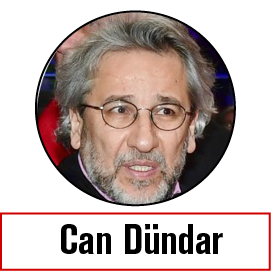 |
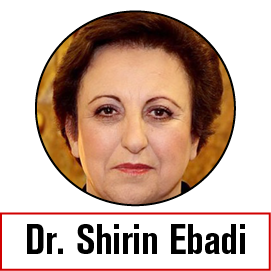 |
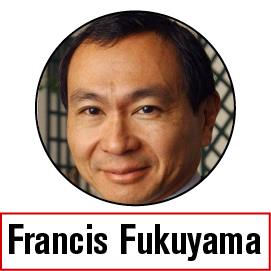 |
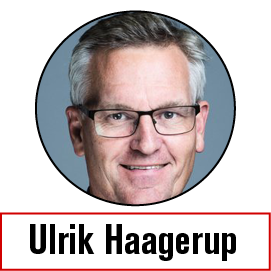 |
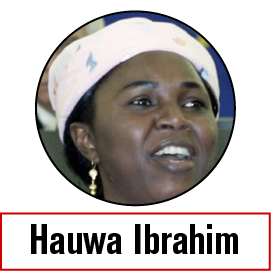 |
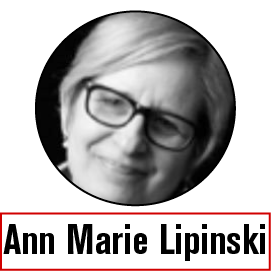 |
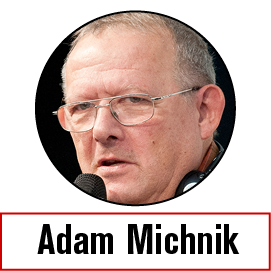 |
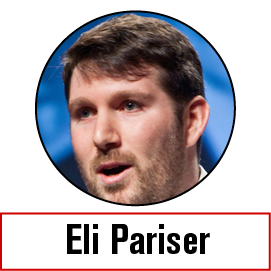 |
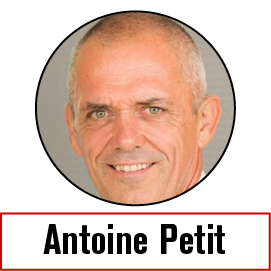 |
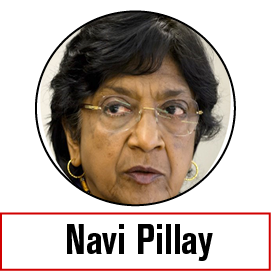 |
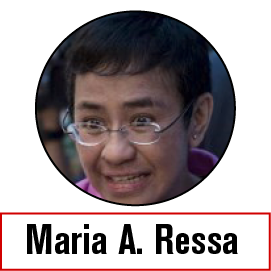 |
 |
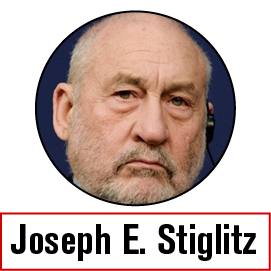 |
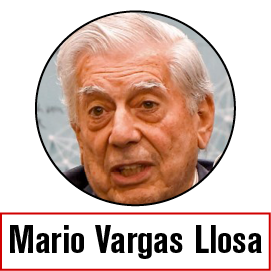 |
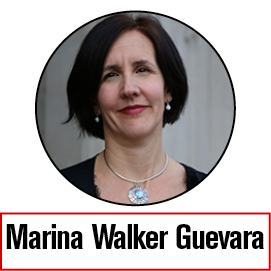 |
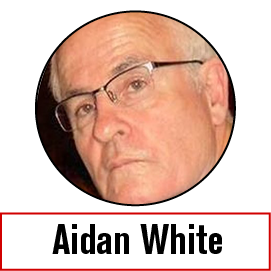 |
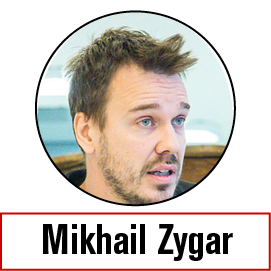 |
The declaration
The International Declaration on Information and Democracy is establishing fundamental principles for the global information and communication space, which its preamble defines as a “common good of humankind.” The management of this space “is the responsibility of humankind in its entirety, through democratic institutions,” the preamble adds.
This six-page document published on November 5th 2018, sets out democratic guarantees for the READ THE DECLARATIONHEREfreedom, independence, pluralism and reliability of information at a time when the public space has been globalized, digitalized and destabilized.
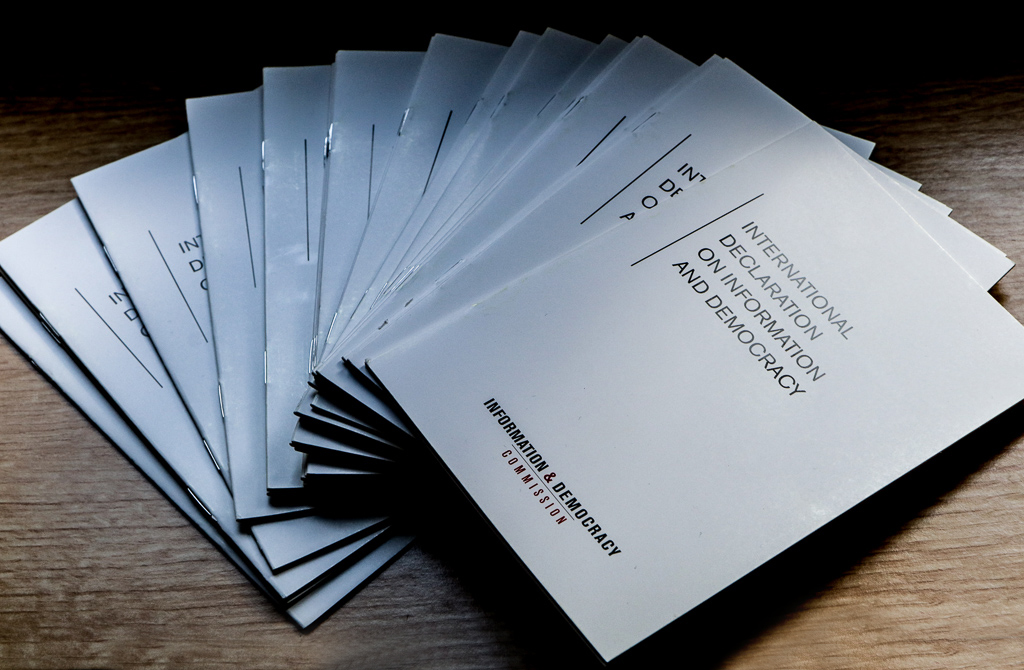
The Declaration rolls out in 5 parts:
- Preamble: The global space of information and communication, a common good of humankind
- Principles
- Entities that create means, architectures and norms for information and communication
- Media and journalism
- Toward an international framework for information and democracy
Political commitment
On November 11th, 2018, a few days after the publication of the Declaration and on the during the first edition of the Paris Peace Forum, 12 states responded to an appeal from the Commission on Information and Democracy chaired by RSF secretary-general Christophe Deloire and Nobel peace laureate Shirin Ebadi.
Leaders of Burkina Faso, Canada, Costa Rica, Denmark, France, Latvia, Lebanon, Lithuania, Norway, Senegal, Switzerland and Tunisia committed to launch a political process aiming at implementing the principles from the Declaration.
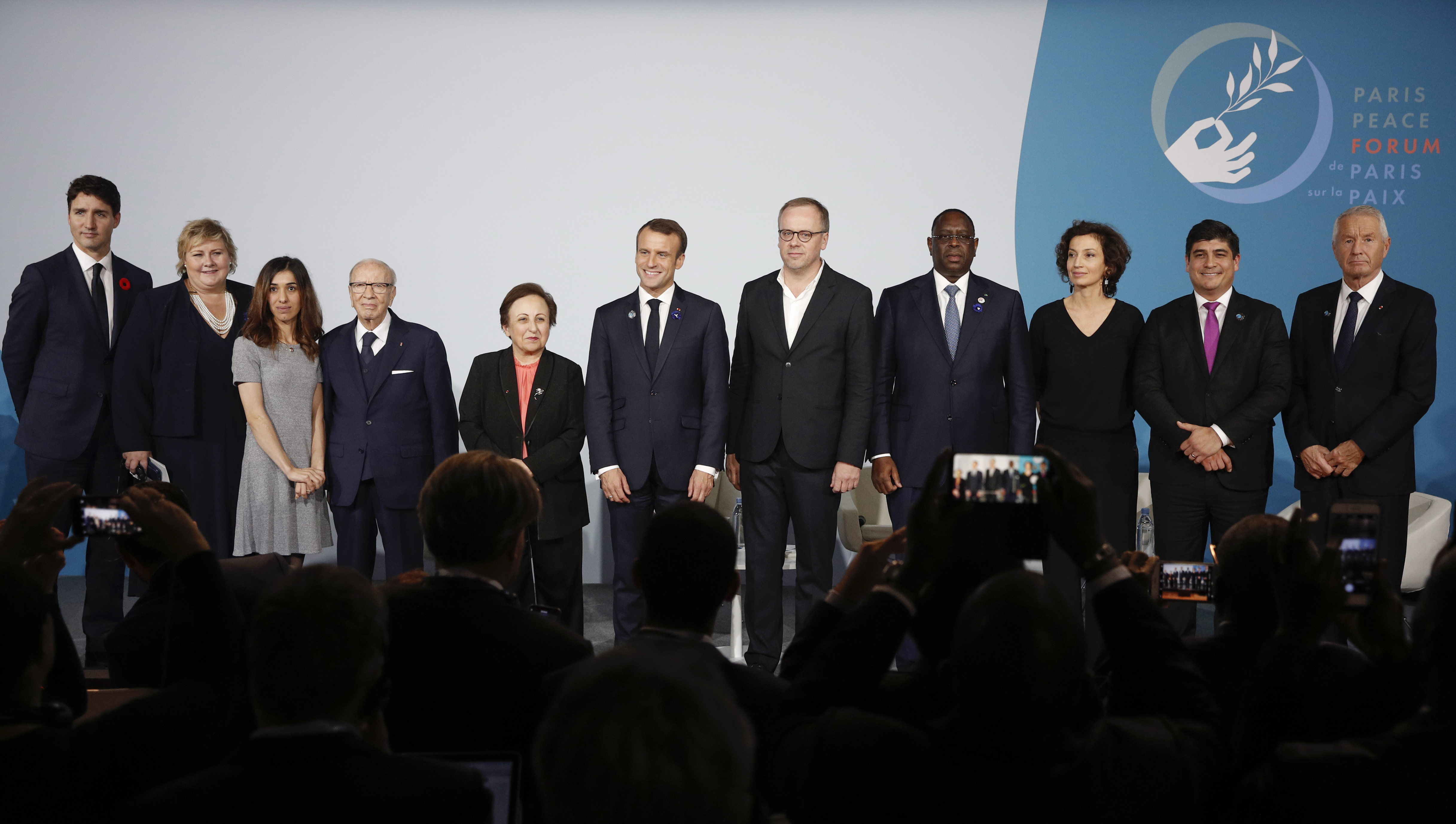
UNESCO director-general Audrey Azoulay, Council of Europe secretary general Thorbjørn Jagland and UN secretary-general Antonio Guterres also expressed their support on this occasion.
For Antonio Guterres, this initiative “comes at a crucial time when new means of communicating and disseminating information are transforming our world. Access to relevant and reliable information is therefore even more fundamental than ever.”
Since then, around twenty countries have been working on the International Partnership on Information and Democracy. This Partnership should be signed before the end of 2019 and will materialize the initial commitment taken during the Paris Peace Forum.
This Partnership has been negotiated by States sharing the same democratic values and the same vision for the global space of information and communication.
Support from Heads of State and Government:
“We are at a major turning point today, 70 years after the adoption of the Universal Declaration of Human Rights, because freedom of opinion and expression, which underpins our democracies and whose progress we had assumed to be irreversible, is in fact again threatened and questioned. I support your initiative and I am in favor of our agreeing on a set of undertakings based on the declaration presented today. I am in favor of our trying to get as many other countries as possible to join in these undertakings. And I am in favor of our creating a group of international experts on this subject, because there is no happiness without freedom and no freedom without courage. You decided to do your duty and I think we, as heads of state and government, should do the same. I would therefore like to say here that France is fully committed to backing this and I thank my fellow heads of state and government here today, who I know share this commitment.”
Emmanuel Macron
“A global communication and information space built on the freedom of expression is essential. Without freedom of expression and a real communication and information space, rule of law is at risk. Carefully built institutions could be undermined.”
Erna Solberg
“In Africa, there is an ever-stronger determination to guarantee the protection of journalists and to create the conditions for this process to be carried out properly. I fully commit to supporting the Pledge for Information and Democracy.”
Macky Sall
“We came here to tell you: yes, we are in favour of this initiative and it is the future that will provide us with the proof of this.”
Beji Caïd Essebsi
“We need to support the need to have strong and independent media in which our fellow citizens have confidence.” Canada, he said “undertakes to defend a free press through the Commission initiated by Reporters Without Borders.”
Justin Trudeau
“Pluralism and freedom of opinion must be guaranteed. Access to factual data and access to knowledge, especially knowledge of actual events, are a fundamental right.”
Carlos Alvarado
The partnership
31 UN members states signed the International Partnership on Information and Democracy at the UN General Assembly today, a historic inter-governmental accord initiated by Reporters Without Borders (RSF) to promote democratic principles in the online public arena.
Made possible by RSF’s Information and Democracy Initiative, the signing of this unprecedented agreement in New York opens the way to the implementation of democratic guarantees for the READ THE PARTNERSHIPglobal online information and communication space.
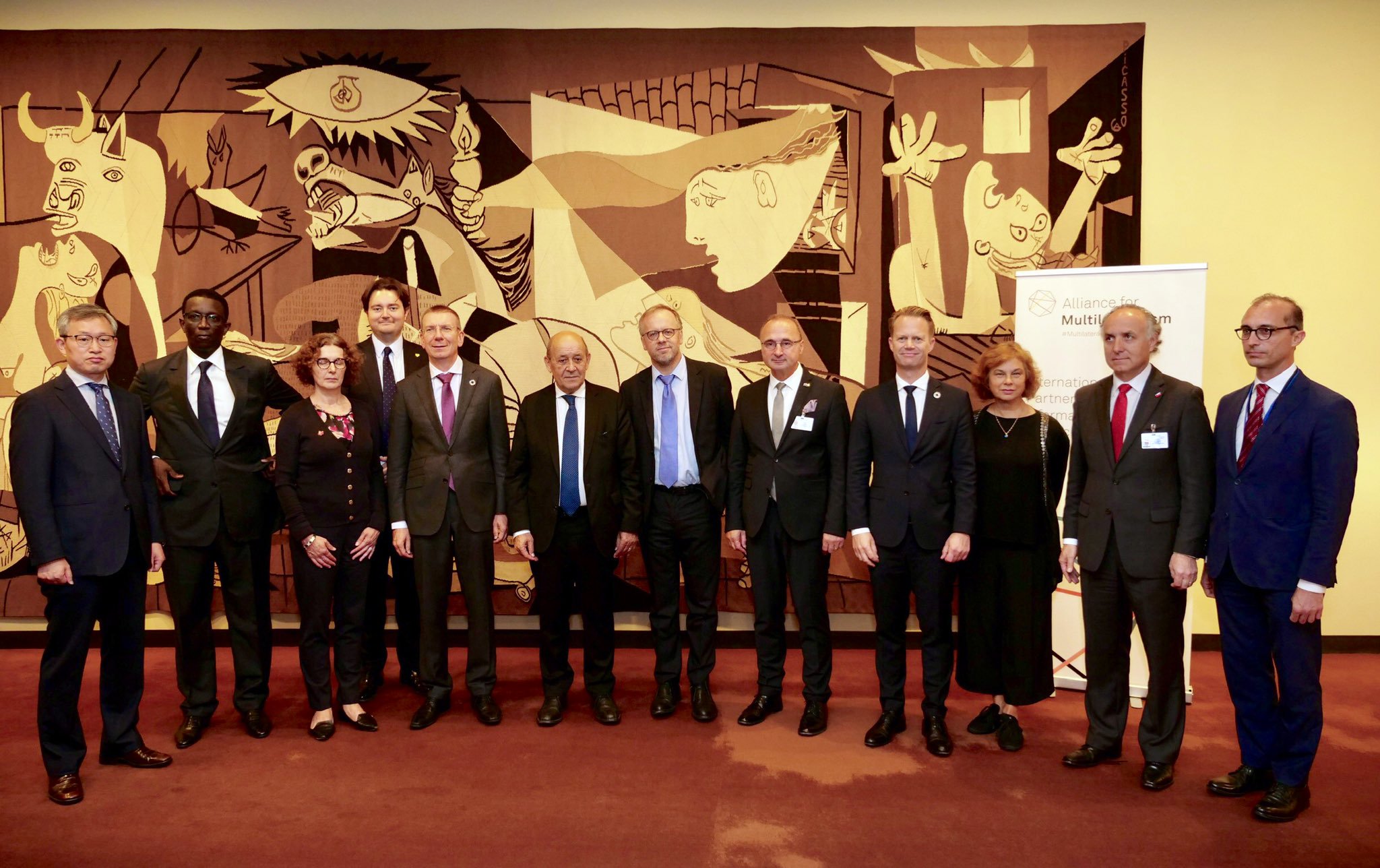
The International Partnership on Information and Democracy commits the 31 signatory countries* to promote online access to news and information that is freely and independently reported, diverse and reliable. It establishes democratic principles, including political, ideological and religious neutrality for algorithms and transparency in the way they function. And it focuses on the responsibility of online service providers to promote trustworthy content and pluralism in order to escape the current “information chaos.”
In an appeal to more than 50 foreign ministers and 20 representatives from delegations attending today’s launch of the “Alliance for Multilateralism” at the UN, RSF secretary-general Christophe Deloire said: “If the democracies don’t set the rules, private interests and dictators will do it for us (...) They are the ones, not parliaments, that have regulated the online information and communication space (...) This is why we have set about rebuilding a system of democratic guarantees adapted to the digital era.”
Co-chaired by Deloire and Nobel peace laureate Shirin Ebadi, the International Information and Democracy Commission met for the first time on 11 September 2018 and issued its Declaration on Information and Democracy in early November. It quickly won the support of 12 heads of state and government and was hailed by UN secretary-general Antonio Guterres, UNESCO director-general Audrey Azoulay and Council of Europe secretary general Thorbjørn Jagland.
The Commission’s Declaration launched a political process which, as a result of French President Emmanuel Macron’s initiative, received the G7’s unanimous support in Biarritz in August 2019 before finally reaching the UN General Assembly.
“This international accord is a major step forward,” Deloire said. “Initiated by civil society, this project has the support of regional champions such as South Korea, Costa Rica, Canada and Tunisia. It has strong momentum and will be able to enlist the online platforms because the power they wield over the way the online public space functions entails great responsibilities.”
The text of the partnership hails the work undertaken by RSF to promote its implementation by creating an Information and Democracy Forum tasked with proposing the principles on which regulation and self-regulation can be based. It will be a new organization, one steered by civil society.
“The Forum’s principles of governance will guarantee its independence and will ensure that all stakeholders, including governments, online platforms and the media, are brought around the same table in order to promote appropriate forms of regulation and self-regulation,” said Thomas Friang, the head of advocacy at RSF.
The Forum was inaugurated in Paris in mid-November by a coalition of independent organizations.
* List of signatory countries :
-
South Africa
-
Germany*
-
Andorra*
-
Australia
-
Benin*
-
Bulgaria*
-
Canada
-
Chile*
-
South Korea
-
Costa Rica*
-
Croatia*
-
Denmark*
-
Finland*
-
France*
-
India
-
Italy
-
Latvia
-
Lebanon
-
Liechtenstein *
-
Lithuania*
-
Malta*
-
Montenegro*
-
Norway*
-
Netherlands
-
Czech republic*
-
Senegal
-
Spain
-
Sweden*
-
Switzerland*
-
Tunisia *
-
UK
* States that have physically signed the Partnership at the "Alliance for Multilateralism" event
The Forum
According to the Declaration, a new framework of reflection and action is necessary to keep up with the challenge facing the global space of information and communication in the digital era.
The Forum on Information and Democracy is an independent international organization which will The Forum websiteheregather States, civil society, media and digital platforms to discuss through regulation and self-regulation solutions to ensure democratic safeguards in the digital era. It is part of the International Initiative on Information & Democracy led by Reporters Without Borders (RSF).
One year of international mobilization
A new organization governed by civil society
A Multi-Stakeholder approach
Concrete recommendations and solutions
Moving Forward
The Forum’s founding members
One year of international mobilization
A new organization governed by civil society
Alongside its partners from civil society and gathering different types of stakeholder (States, online service providers, media organization and civil society), RSF is leading the creation of a new entity: The International Forum on Information & Democracy..
This new organization will be run by civil society organisation in order to ensure its independence both from States and private entities. It will have the following mandate:
- Evaluatethe means, norms and architectures of the global space of information and communication
- Investigate platforms compliance with principles of the Partnership and its implementation.
- Formulate non-binding recommendations to States and Online Service Providers (i.e. digital platforms) to regulate this global space by norms or good practices.
- Facilitatethe emergence of self-regulatory solutions by and for the actors in this space
- Sustainljournalism with supportive solutions and forward-looking policy recommendations on viable business models in the information industry.
The Forum is a Paris-based non-profit organization created and governed by independent organizations from civil society and academia.
It received the support of the G7 leaders and has been welcomed by a coalition of 30 States through the signature of the International Partnership on Information & Democracy during the UN General Assembly (September 26th, 2019).
It is tasked to implement the principles from this intergovernmental agreement.
Recommendations are prepared by the Working Groups with the support of the Secretariat prior to validation by the Steering Committee. Then, recommendations of the Forum can be issued to different groups of stakeholders.
- States joining the Partnership on Information and Democracy will receive recommendations to better regulate the global space of information and communication.
- Online Service Providerswill receive recommendations on ways to implement regulations or to initiate auto-regulations based on the Partnership’s principles.
- Media organizationswill be informed of all policy recommendations (regulation/autoregulation) issued by the forum to comment on them, as well as provide with their outlook on the implementation plans responding to such recommendations.
- Other non-governmental organizations and civil society at large will participate in the process of the Forum, in particular to comment the recommendations and their implementations by relevant stakeholders.
All stakeholders will be gathered in an annual plenary meeting. This meeting is meant to release the annual policy report of the Forum with its main recommendations and to announce measures adopted by the States or the Online Service Providers based on recommendations of the Forum.
Concrete recommendations and solutions
Composed of international experts, the different WORKING GROUPS of the Forum will provide:
- Principles and safeguards for policy recommendations addressed to public policy-makers.
- Self-regulatory standards and best practices addressed to the private sector (platforms and media outlets).
- Facilitation and promotion of projects and solutions related to the Forum’s recommendation.
- The annual policy report of the Forum, which will monitor:
- The means, norms and architecture of the global space of information and communication;
- The compliance of platforms with the principles of the Partnership;
• Inauguration of the Forum on Information & Democracy - 12th November 2019
• Gather the stakeholders which will take part in the activities of the Forum.
• Define the work plan with the participation of the International Commission on Information & Democracy
• Create the first working groups with international experts from various fields. Their work will be facilitated by the permanent secretariat of the Forum.
• Organize the first annual plenary by the end of 2020 to gather all the stakeholders for a review of recommendations and commitments.
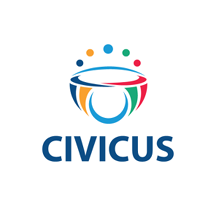 |
 |
 |
||
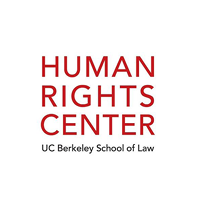 |
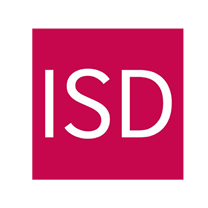 |
 |
||
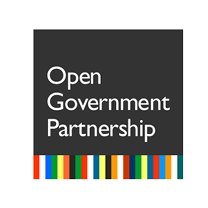 |
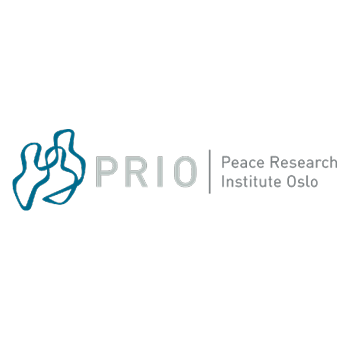 |
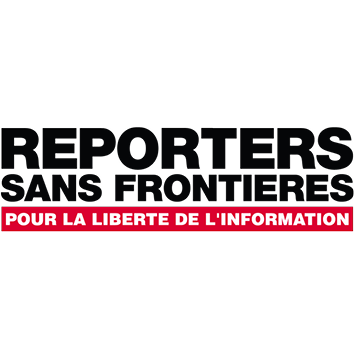 |
||
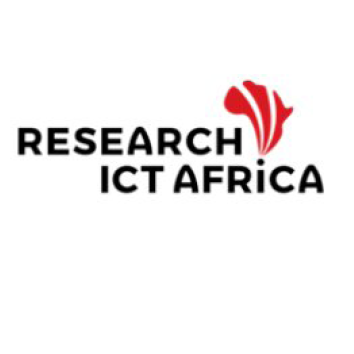 |
|
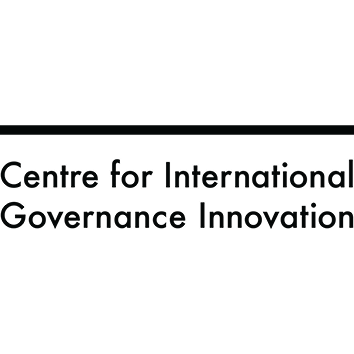 |
Forum on Information and Democracy 250 recommendations on how to stop “infodemics”
As false or manipulated information continues to proliferate online during the Covid-19 epidemic, the Forum on Information and Democracy is publishing a report entitled How to end infodemics. Based on more than 100 contributions from international experts, it offers 250 recommendations on how to rein in a phenomenon that threatens democracies and human rights, including the right to health.
Launched in 2019 by 11 non-governmental organizations and research centres, the Forum on Read the reportHEREInformation and Democracy created a working group on infodemics in June to devise a “regulatory framework” to respond to the information chaos on online platforms and social media. After five months of work, this group, whose steering committee is co-chaired by Maria Ressa and Marietje Schaake, is publishing a detailed report with 250 recommendations for governments and digital platforms.
The report, written by a team of rapporteurs led by Delphine Halgand-Mishra, identifies four structural challenges and proposes concrete solutions for each of them:
- platform transparency
- content moderation
- promotion of reliable news and information
- private messaging services
Many countries that are members of the Alliance for Multilateralism expressed their support when the Forum’s president, Christophe Deloire, gave a presentation about the working group to nearly 50 foreign ministers during an Alliance meeting on 26 June that was also attended by World Health Organization director-general Tedros Adhanom Ghebreyesus and UNESCO director-general Audrey Azoulay
During another meeting of the Alliance to be held on 12 November as part of the Paris Peace Forum, Deloire will give a presentation on the Forum on Information and Democracy report and its main recommendations to Alliance foreign ministers.
“This report is proof that a structural solution is possible for ending the information chaos that poses a deadly danger to our democracies,” Christophe Deloire said. “All those adopting legislative initiatives with regard to platforms should be guided by this report, whether in India with Section 79, the United States with Section 230, Canada with the Digital Charter, the United Kingdom with the Online Harms Bill and, of course, the European Union with the Digital Services Act.”
"It's been an honor to work with experts across many disciplines - exactly what is needed today, says Maria Ressa, co-chair of the steering committee. These times show more than ever that information is power, and when lies spread faster than facts, all human endeavor is threatened. It's an existential moment for democracy and journalism. This is a concrete step forward to find systemic global solutions."
“Democracy is under threat and the lack of trust or outright manipulation increasingly has an information component, explains Marietje Schaake, also co-chair of the steering committee. Governance of our digital world must be wrestled back from private companies and authoritarian states alike if democracy is to survive. Democratic leaders must take their responsibility to preserve democracy, human rights and fundamental freedoms now.”
|
The twelve main recommendations of the working group Public regulation is needed to impose transparency requirements on online service providers.
A new model of meta-regulation with regards to content moderation is required.
New approaches to the design of platforms have to be initiated.
Safeguards should be established in closed messaging services when they enter into a public space logic.
|
|
Members of the steering committee
|
Contacts
General inquiry: Camille Grenier, Project Officer (cgrenier(a)rsf.org)
Press inquiry: Pauline Adès-Mével in charge of press relations (padesmevel(a)rsf.org-07 82 37 23 12)
